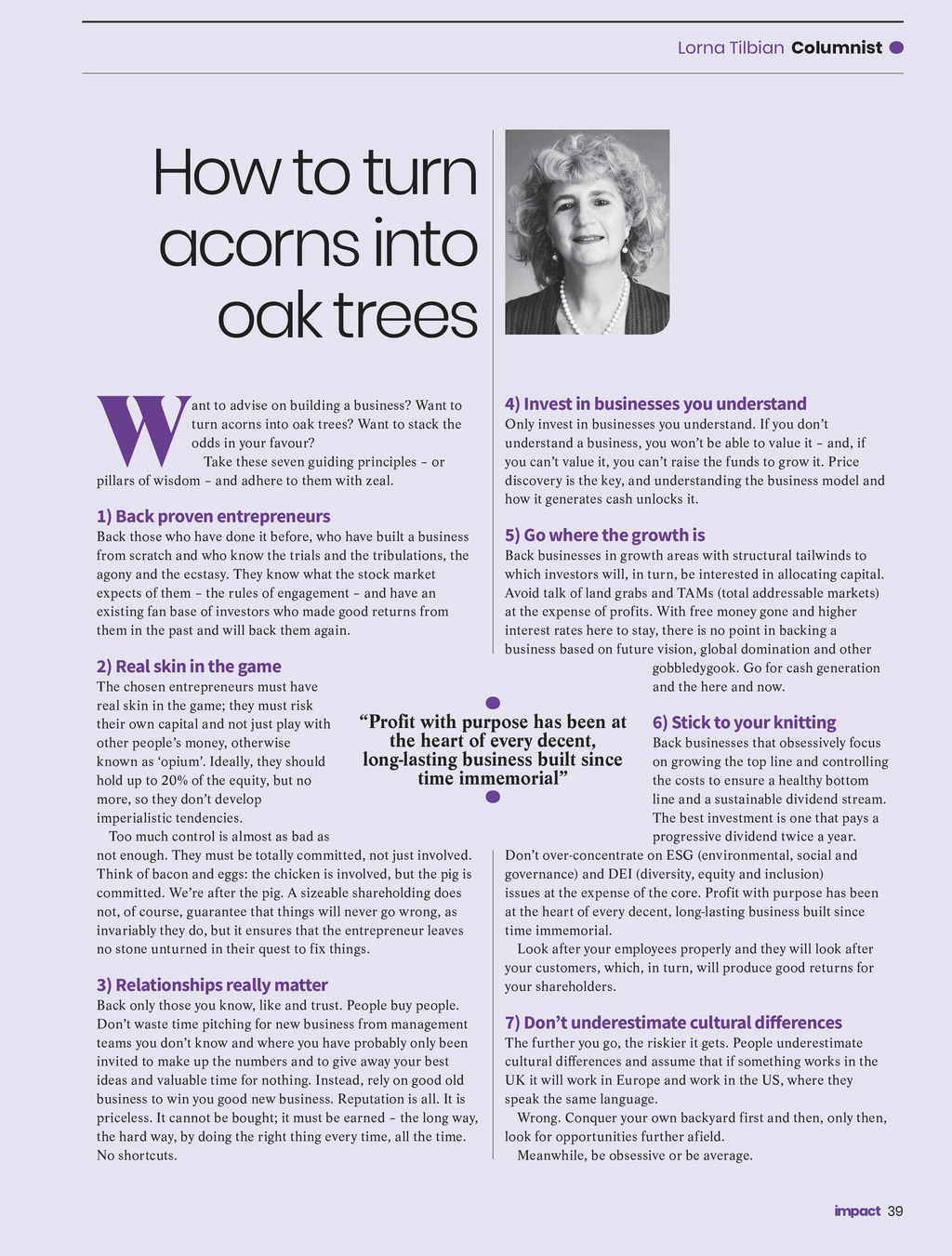
Title: The Psychology of Belief Superiority: Why Feeling Right Often Equates to Knowing Less
In our increasingly divided society, it seems that everyone knows someone who believes their opinion is not only correct—but the only one worth considering. Perhaps you find yourself embodying this mindset on certain issues. A recent psychological study investigates this cognitive bias labeled “belief superiority,” exposing a concerning connection between a sense of superiority and actually possessing less knowledge.
The research, led by Michael Hall and Kaitlin Raimi and published in the Journal of Experimental Social Psychology, examines how a perceived intellectual edge over others can, paradoxically, render individuals less informed and more resistant to acquiring new knowledge. Essentially, those who consider their views to be superior are often the most likely to overestimate their understanding, effectively isolating themselves from learning opportunities. This phenomenon is closely related to the well-known Dunning–Kruger effect, presenting its own distinctive angle.
What Is Belief Superiority?
Belief superiority refers to the strong conviction that your opinions are not just correct, but categorically better than those of others—and thus, others’ views are not only incorrect but also inferior. This goes beyond mere confidence or enthusiastic advocacy; it embodies a pervasive feeling of being intellectually above others. Hall and Raimi explored how this quality influences how individuals perceive their own knowledge and its effects on their readiness to engage with new information.
Their principal inquiry was: Do individuals who think they hold superior opinions actually possess more knowledge? Or is their self-assurance simply concealing a genuine lack of understanding?
The Study Design
Hall and Raimi performed a series of experiments to assess how participants gauged their own knowledge in relation to their perceived opinion superiority. Participants responded to contentious political and social issues—such as climate change, immigration, or gun control. They rated their agreement with specific positions, how superior they believed their opinions were compared to those of others, and their self-assessed knowledge regarding the topic.
In subsequent tasks, the researchers measured participants’ actual knowledge through factual quizzes and monitored whether participants showed a willingness to explore information that could challenge or enhance their current views.
Key Findings
The findings were noteworthy:
1. Perceived Opinion Superiority Influences Overconfidence:
Individuals who considered their opinions to be superior also tended to evaluate themselves as more knowledgeable about those topics—even when objective assessments indicated they weren’t necessarily better informed.
2. Knowledge Overconfidence Results in Learning Avoidance:
These individuals were more inclined to avoid information that could contradict or challenge their perspectives, including impartial facts. They demonstrated cognitive inflexibility, preferring to remain within their echo chambers rather than engage with differing views.
3. It’s More Than Ignorance—It’s Arrogance:
This behavior extends beyond the Dunning–Kruger effect, which illustrates that less capable individuals often overrate their abilities. Here, it is not merely ignorance driving the overconfidence, but an active belief that others are mistaken. That perception of intellectual superiority appears to imbue individuals with a misleading sense of expertise.
Why This Matters
In the era of social media, where everyone wields a platform and information—both genuine and misleading—is readily available, belief superiority becomes increasingly significant. When individuals are convinced they are correct and others are mistaken, they are less inclined to seek common ground or adjust their views based on new evidence. This poses troubling consequences for public discourse, decision-making, and social cohesion.
Encouraging Critical Reflection
The results highlight the need for humility in our beliefs. Critical thinking involves more than just facts—it encompasses mindset. Acknowledging that our beliefs may be flawed invites deeper understanding and richer dialogue.
Instead of presuming we are right and needing to “educate” others, we might consider: What can I learn from someone who disagrees with me? This minor mental shift can foster more productive conversations.
Conclusion
The belief superiority effect reveals a challenging reality: Maintaining the conviction that you are always right may indicate that you have ceased to learn. While it is natural to be passionate about our beliefs, genuine confidence derives not from dismissing opposition but from cultivating a well-rounded, adaptable understanding driven by curiosity and openness. The hallmark of true expertise may indeed be the humility to acknowledge when we are incorrect.
To delve deeper into this topic, read the original article in the British Psychological Society’s Research Digest: “People who think their opinions are superior to others are most prone to overestimating their relevant knowledge and ignoring chances to learn more.”